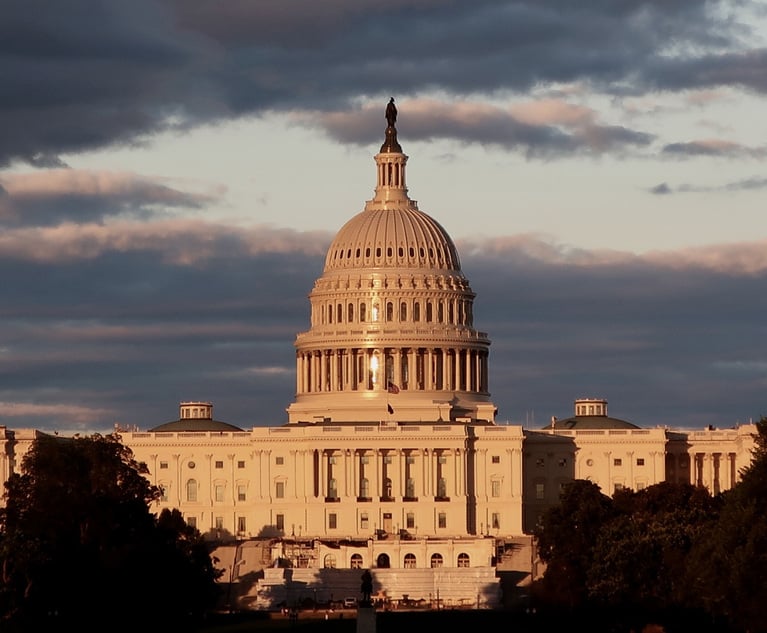A broad “John Doe” summons from the IRS to a law firm for the identities of its clients who may have sought offshore tax advice is teeing up a fight in the U.S. Supreme Court over the scope of the attorney-client privilege.
The general rule in most circuits is that the privilege does not protect the identities of clients or fee arrangements. But some courts also recognize a narrow, rare exception where disclosure would reveal the client’s confidential motive for retaining an attorney.


 The U.S. Supreme Court building in Washington, D.C. Photo: Diego M. Radzinschi/ALM
The U.S. Supreme Court building in Washington, D.C. Photo: Diego M. Radzinschi/ALM





